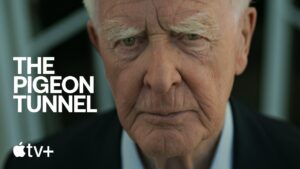.
If you know anything of the original Star Trek series episode The Savage Curtain, it’s that it is the one with Abraham Lincoln sitting in space.
Of course, it’s not the real Lincoln but one created by aliens from Kirk vision of Lincoln. Soon Kirk, Spock, and a couple of ‘good’ historical characters are engaged fighting with ‘evil’ historical characters, some from real history as with Lincoln and some from Star Trek’s future history. The aliens are curious about ‘good’ and ‘evil’ and has created this contest to learn about these concepts. (Really, a forced pit fight is a terrible experiment, but we’ll let that slide for the moment.) After some loses Kirk and Spock win the fight and the baddies run for the hills with the aliens drawing the conclusion that ‘evil’ when forcefully confronted runs away.
Really Star Trek? That’s you conception of evil, that it is something that is cowardly at heart? Was that the result when the fascists were fought tooth and nail over every damn kilometer of Europe? That when ‘forcefully confronted’ that fled?
This is back in my head because as I am writing a novel populated with evil werewolves instead of the more popular sexy ones it has gotten me thinking about the nature of evil.
It is not that evil is more cowardly. I think one of the defining aspects of evil is that it is inherently selfish. It considers its own wants and desire above all else. it considers others as resources to be used, exploited, and discarded not as people in their own right.
In my novel this has raised its head among the pack of werewolves and it’s something to consider when viewing tragic, evil events in our all too real world.

